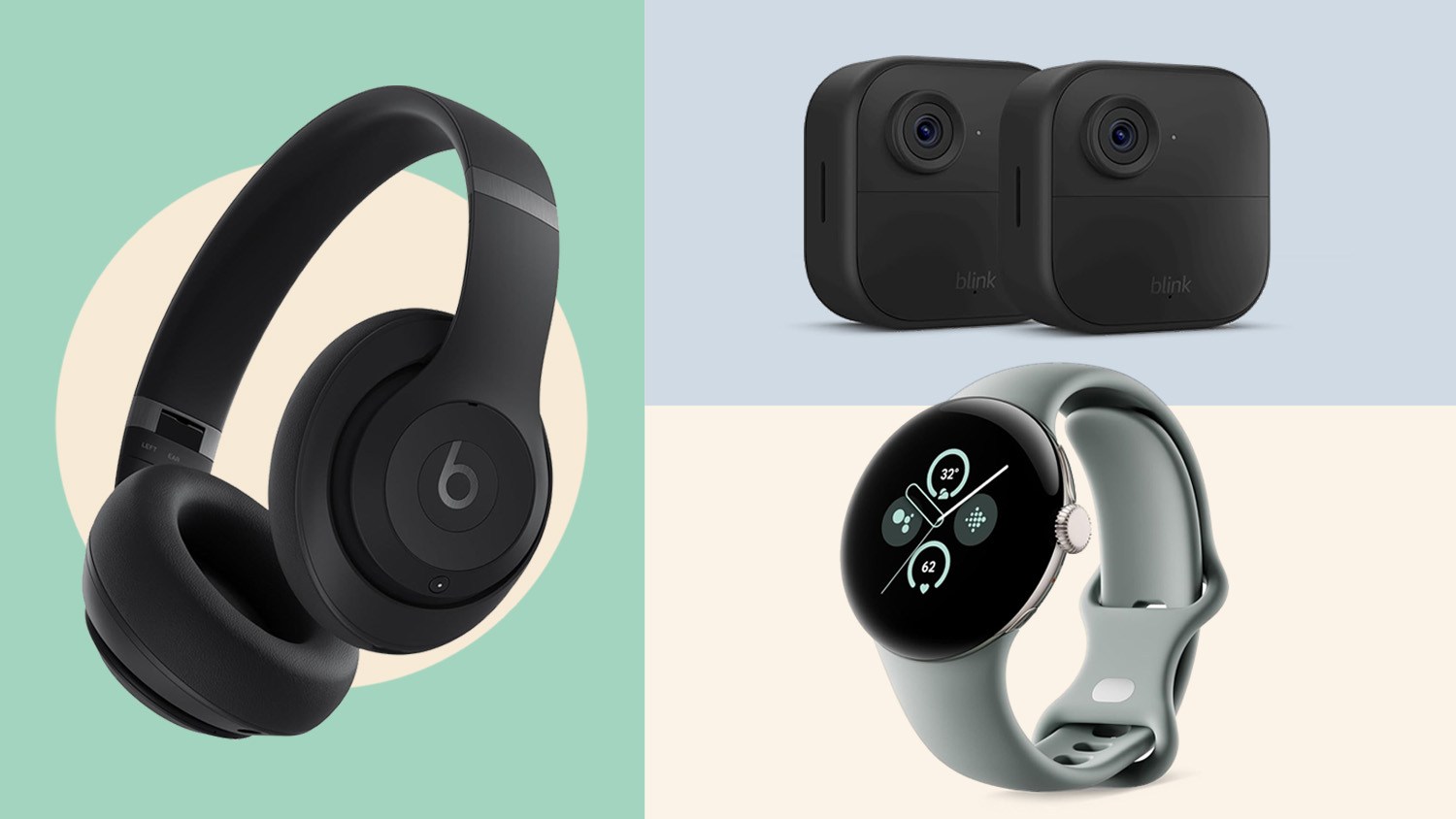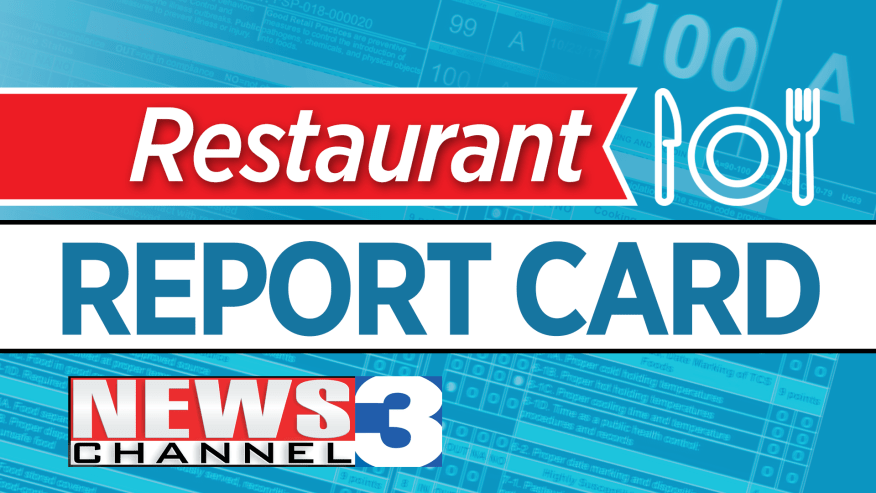United States COVID cases:
Tennessee
The total COVID-19 case count for Tennessee is 1,938,323 as of Feb. 5. The state reported 23,029 deaths.
The Shelby County Health Department reported 432 new cases as of Feb. 10. The total cases number stands at 223,566 confirmed & probable cases. The seven-day rolling average is 458.
The county reported 2,988 deaths. There are 6,042 active COVID cases and 223,566 recovered cases.
There are 47,821 total pediatric cases, with 92 new cases being reported Feb 10. There are 1,804 active pediatric cases.
To date, more than 2.214 million COVID tests have been performed in Shelby County.
The health department said 555,023 people have been vaccinated as of Feb 10. That is 79.3 percent of the county's vaccination goal of 700,000 people vaccinated.
According to Health Director Dr. Michelle Taylor, on January 10, 50 percent of the total population of Shelby County has been vaccinated.
Mississippi
Mississippi reported 772,844 total cases as of Feb. 8, with 2,322 new cases being reported. The state is also reporting a total of 11,455 deaths. 77 new deaths were reported.
The health department says more than 1.48 million people have been fully vaccinated.
Arkansas
The state of Arkansas reported a total of 800,373 COVID-19 cases as of Feb. 9, with 2,337 new cases being reported. The total confirmed death toll in Arkansas is 9,927 with 32 new deaths being reported.
The health department says more than 1.552 million people have been fully vaccinated.
The Shelby County Health Department recommends strict adherence to social-distancing recommendations:
Messages for Individuals:
· Avoid handshakes and close contact with others whenever possible.
· Cancel or postpone gatherings of 10 or more people. Instead of visiting friends or relatives, call or video chat.
· Stay at home whenever possible. While Shelby County School students and many others are out of school, keep children home and plan home-based activities.
· Children and adults may exercise outdoors, while maintaining at least six feet of distance from others.
· Do not go to work or go out in public if you are sick, especially with fever, cough or other respiratory symptoms.
· Re-evaluate travel plans. It is strongly recommended to avoid any unnecessary travel. If traveling overseas, check the CDC’s travel advisory website.
If traveling within the U.S., avoid destinations where COVID-19 hotspots have been reported.
· Avoid non-essential flights. Traveling by private vehicle limits exposure to other people.
· Wash your hands thoroughly and often with soap and water for at least 20 seconds. Scrub dirt under fingernails with a brush and soap.
· Practice respiratory etiquette by using a tissue if coughing or sneezing, then throwing the tissue away and washing your hands.
· Sanitize surfaces that are frequently touched by many people with anti-bacterial wipes or diluted bleach solution.
Messages for Community/Business Leaders:
· Cancel or postpone meetings and conferences of 10 or more people.
· Consider conducting all conferences or meetings by phone or video chat rather than face-to-face.
· Adhere to CDC travel guidelines by reviewing the CDC’s travel website and avoiding destinations with travel health notices.
· Discourage workers from using other workers’ phones, desks, offices, or other work tools and equipment, whenever possible.
· Encourage and enable employee telecommuting to limit person-to-person interactions as much as possible.
· Businesses that serve the public, including restaurants and retail stores should encourage social distancing by putting space between tables and spacing out check-out lines as much as possible.
· Consider providing delivery or curbside pick-up options to limit interactions in stores and restaurants.











